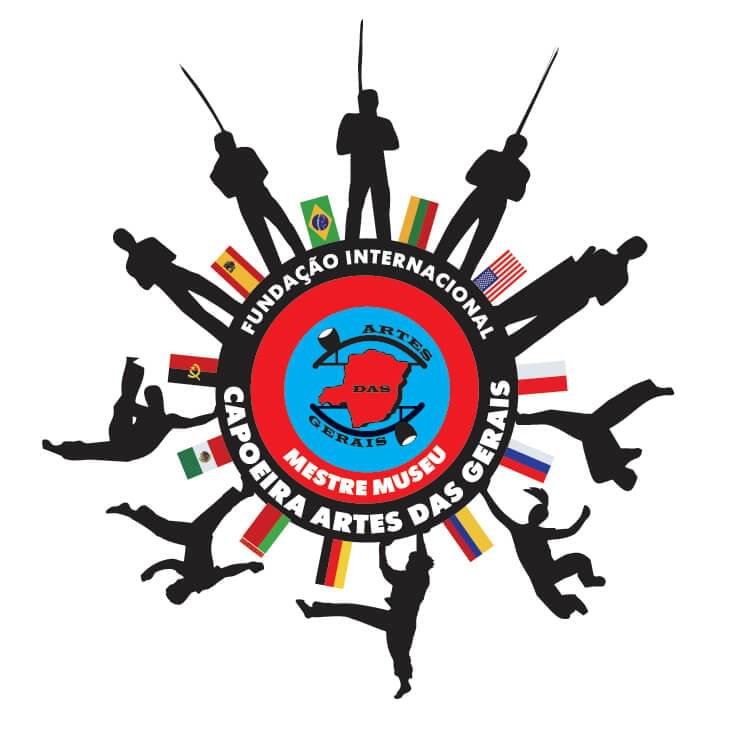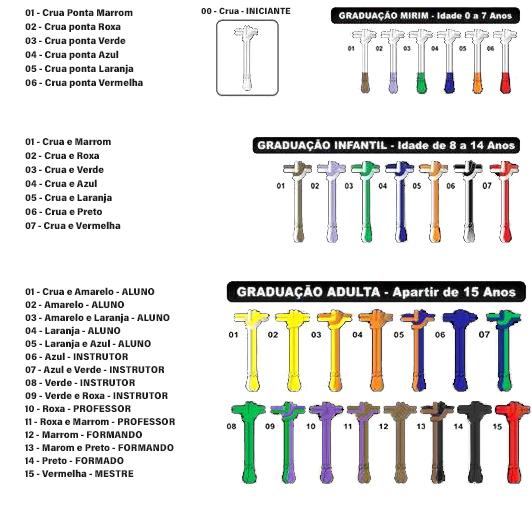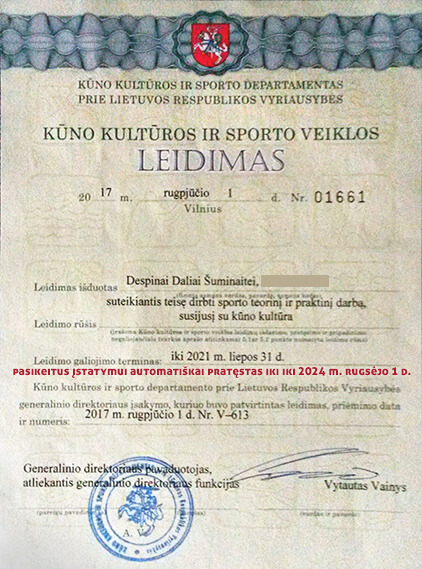Created in Brazilian plantations around the 16th century by slaves of different African origins as a way of self defense and resistance, becoming a symbol of liberation, forbidden, persecuted, therefore, disguised as a dance, later "sold" as an entertainment for tourists, today, the Afro-Brazilian Capoeira is widely known, practiced and promoted all over the world. Nowadays it's a type of art and sport that unites thousands of people. Some even call it a way of life. Not only does it possess an extremely unique combat system, it also has a very strong cultural dimension to it. It's the only martial art in the world that is indissociable from rhythm and music. It is also the only genuinely Brazilian sport, due to its uniqueness, since 2014 Capoeira is included in the UNESCO's list of intangible cultural heritage.
Nowadays, there are two main styles of Capoeira, along with many other less distinct ones.
Our school emphasizes the image of Capoeira as a sport, but in no way detaching it from cultural values. Of course, we cherish traditions, but we are also focused on progress.
An encounter between two capoeiristas (Capoeira practitioners) is often referred to as a game (jogo in Portuguese), rather than a fight, because in order to defeat an opponent, not only use their physical strength, technique or agility, but also ingenuity, insight, intuition, confusing, deceptive movements, misleading body expression, even acting skills are used... Plus, really, it's not always a fight. It's more like a non-verbal dialog between two people. To see a real full-contact Capoeira fight you would probably have to rent a movie or attend Capoeira tournament, or look for videos from these tournaments. Same as all martial arts, Capoeira does not promote violence of any kind.
As a sports activity Capoeira is found by specialists to be one of the most complete ways of exercising your physical abilities. It develops both aerobic and anaerobic capacity of an athlete. Despite the dance-like appearance, Capoeira's combat potential has been proven by scientists, as well as tested by universal fighters. Some kicks in particular are extremely popular among UFC fighters.
The legendary Capoeira master Mestre Bimba (Manoel Dos Reis Machado), who persuaded then president of Brazil Getulio Vargas to legalize this martial art, while trying to prove it's value, publicly challenged martial artists and fighters of any style to face him in the ring and won against all those who had accepted his challenge. It is not commonly known, but later on one of Bimba's students, a fighter named Waldemar Santana (nicknamed Leopardo Negro), succeeded in defeating a martial arts legend, the father of BJJ, Elio Gracie, in a Vale Tudo fight, that lasted almost 4 hours.
Capoeira techniques are widely used in the film industry. Mostly in fighting scenes. Although some moves also appear in dance movies. Capoeira kicks and stunts have been performed by famous movie characters, such as Blade (act. Wesley Snipes), or Catwoman (act. Halle Berry), among others. There's also a bunch of movies and TV series about Capoeira or at least involving actual Capoeira scenes. Of course, they're mostly Brazilian productions. Also amongst people who may not be too physically active or involved in sports of any kind, Capoeira became popular through video games.
But Capoeira is far more than a martial art, sports, or just a form of entertainment. It is an Art, a Game, Cultural Heritage, Traditions, Self-expression, a Sense of Unity, Motion Expression, Music, Freedom, Communication, Way of Life, a Social Integration Tool and a whole lot more ...
We will add many other things to this list during our classes ...


